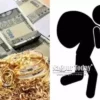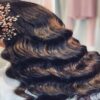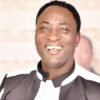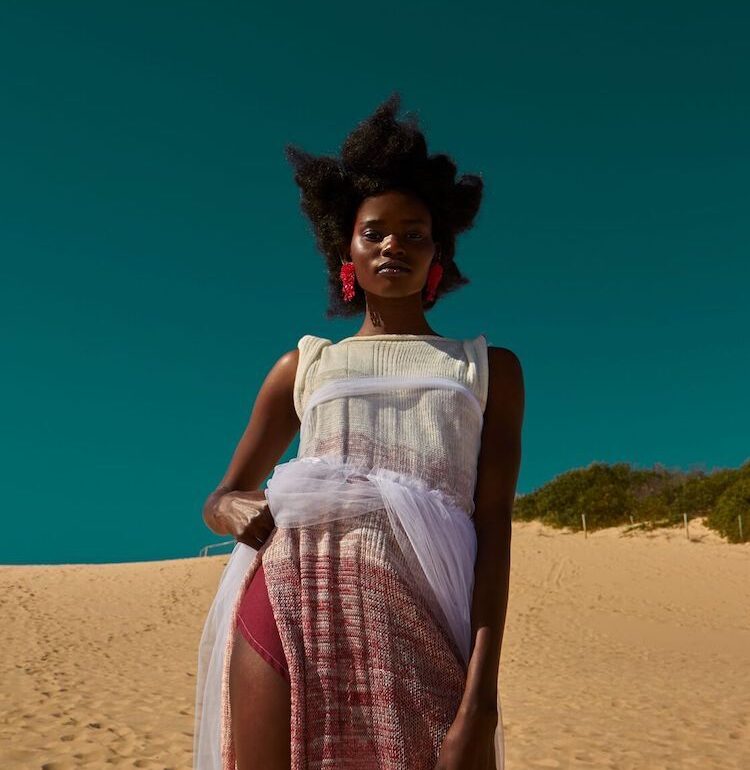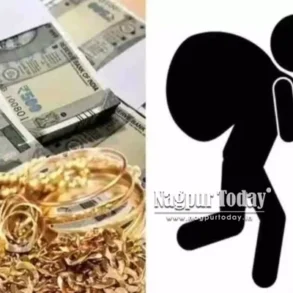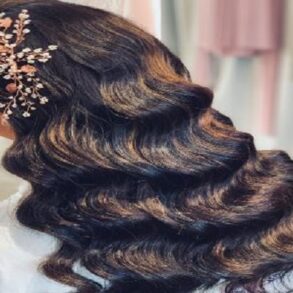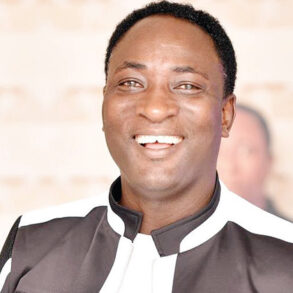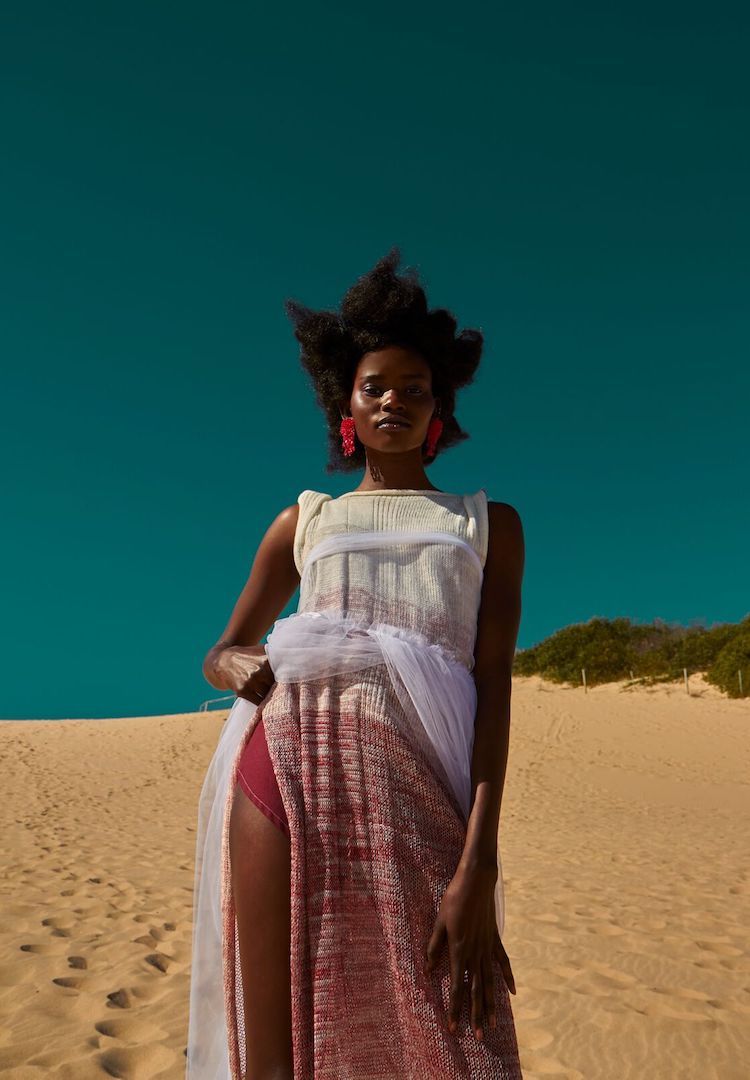
Images by Lexi Laphor
Words by Tariro Mukando
Untangling the politics of natural hair.
There’s a fascination with Black hair (read: hair associated with African people) by non-Black people that makes me, a Black woman, suspicious.
For any non-Black person reading this, it could sound like I’m being paranoid. But having your hair touched without consent, or your natural mane ridiculed, carries the weight of an invisible historical injustice. Any Black person will tell you that these everyday micro-aggressions make the suspicion justified.
We like nosy people. Don’t be shy, head to our Beauty section for more.
Full disclosure, I am a Black woman with a number two shaved head and 4C textured hair, the kinkiest of the curly hair textures. From seven years old until the age of 21, I was always very insecure about my hair. I’d never seen an ad or product in supermarkets targeted to people with my hair texture. I’d often have to seek hair products for an eye-watering amount from African grocery stories. My hair was a burden and a source of great shame.
I remember going to a White dresser to curl my weave for my Year 12 formal and being incredibly anxious when she would get close to the weave track. I almost cried when she got frustrated because my leave out wouldn’t straighten and asked me why my hair was so difficult.
It’s hard to explain to non-Black people why Black hair is so political. Put simply: what is probably a harmless fascination with Black hair by non-Black people has deeply historical racist undertones. Think of the slave trade just two centuries ago, where Black women were put on display in museums or in travelling shows for White audiences to view.
When people, specifically White people, ask to touch my hair I feel infantilised and powerless, like a child with no autonomy over its own body. The worst case is when people ask with their hands outstretched, unwilling to wait for an answer.
When I have been asked if someone can touch my hair, it has been in situations where I’m the only Black person in the room and any decline, no matter how polite, can be read as angry or unjustified.
But it’s just hair.
No. I feel like replying. It’s centuries of oppression and humiliation.
I have never witnessed White people asking other White people to touch their hair. That is not to say it doesn’t happen, it just hasn’t happened in my presence. It’s an unfortunate truth that we live in a society where whiteness is the default, the more universal state of being and looking. My beauty as a woman is measured against White women, and my silence at a request to touch my hair is not consent.
Sarah Baartman, a South African Khoikhoi woman, is a perfect example of the exploitation Black women have faced. She was lured to Europe and paraded in “freak shows” because of her notably large rear and when she passed away in 1815, her skeleton and skull were still displayed across Europe. They were eventually returned to South Africa in 2002.
Sarah’s story is an extreme example of what it feels like to be on display. Sheer curiosity can be damaging, especially when the curious parties haven’t done the work to understand someone’s lived experience. Without meaning to sound abrupt, a simple Google search will tell you why asking Black people to touch their hair is offensive.
A Google search that now has one more result since this was published. In recent times, Black hairstyles such as braids and cornrows have become music festival staples and their popularisation among non-Black people has been credited to the Kardashian-Jenner clan.
This in itself is a form of violence. Most of us know the term ‘cultural appropriation’, and cornrows are a prime example of this. Aesthetic signifiers that Black people have used for years to signify social and marital status, age, tribe and other cultural points are now being appropriated by people who are not a part of that culture. It robs Black people of their history and implies that Black hairstyles aren’t worth celebrating unless they’re worn by White/White-passing women.
This false attribution and celebration of non-Black women wearing Black hairstyles carries an additional frustration, as Black people face discrimination every day due to our hair. Black women have been fired for wearing their natural hair, for wearing braids, dreads and cornrows, yet White women are considered trendy for having the same hairstyles. The double standard that deems these hairstyles on Black people as ‘unprofessional’ and ‘unclean’ is considered ‘cool’ and ‘cutting edge’ on White people. It’s actually a form of anti-Blackness.
There are also many layers to how the politics of Black hair can be interpreted. My existence as a Black woman is political, therefore whatever hairstyle I choose to have is political. It’s a complicated position to understand, but by choosing to wear my hair naturally (without a perm or chemical treatment, or historically Black styles such as braids or cornrows) suggests I am fighting against the beauty standards perpetuated by White society.
True freedom would be to wear my hair how I want to, free of political statements or not. Looking back on that pre-formal experience at the hairdresser now it’s not that my hair was difficult, it’s that the hairdresser was asking it to do what it wasn’t made to do. She wanted it to be something it wasn’t.
I’ve grown to let my hair flow freely, not tame it. I want it to be however it wants to be. I still have days where I dream of bumping into Beyoncé’s wig/weave technician and getting the sew-in of my dreams, but those days are becoming fewer and far between.
Falling in love with my hair led to me releasing a lot of self-hatred and scrutiny, but it took a while. I love my hair. I love the culture it represents. And I love the secrets it holds.
For more, head here.
This post was originally published on this site be sure to check out more of their content.

